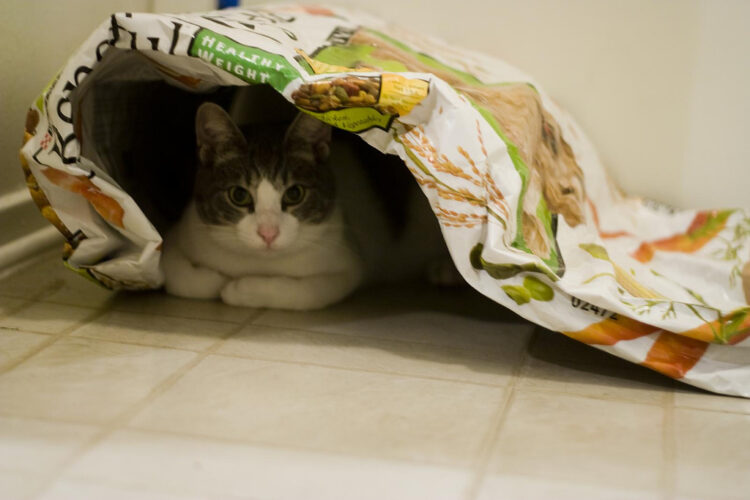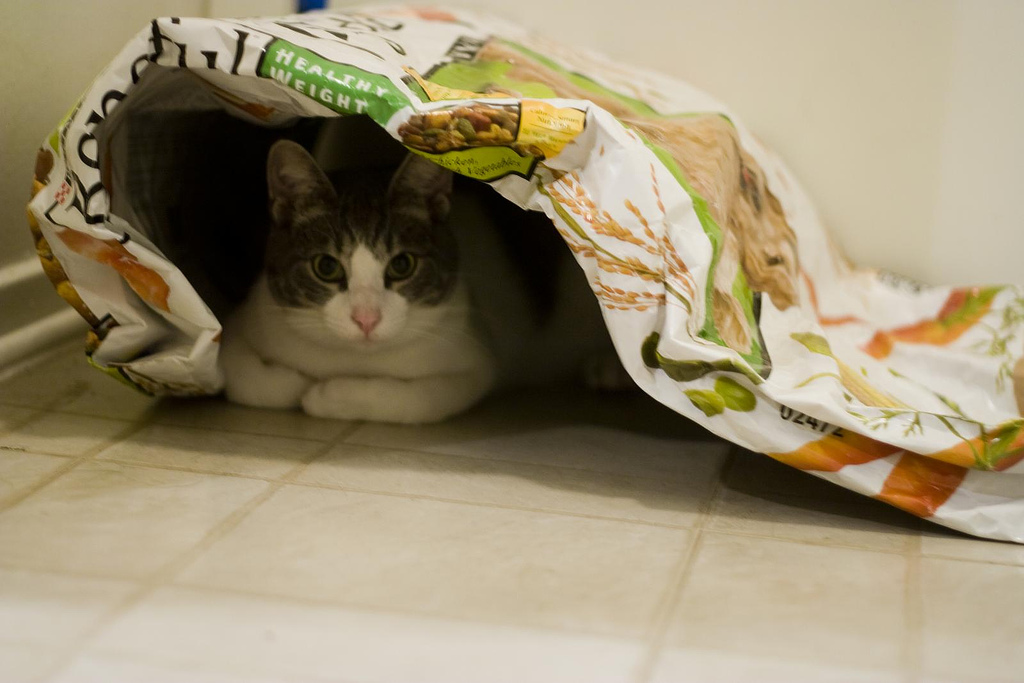The president of PayPal is fuming that his employees won’t eat dog food. It’s the same story at Ford, Microsoft and Yahoo, among other companies. The CEO of McDonald’s claimed to eat his dog food every day and still lost 20 pounds. Some companies call it ice cream. Others call it cookies. No matter what you call it, the idea is the same. Employees should use the products and services produced by the companies that employ them. They should be emphatic fans of their company’s products. Nothing less.
It’s most commonly called eating your own dog food. Recently, PayPal president David Marcus discovered some of his employees didn’t even know their PayPal passwords. Kind of hard to use the app if you can’t even log in! In response, Marcus wrote, “…if you are one of the folks who refused to install the PayPal app or if you can’t remember your PayPal password, do yourself a favor, go find something that will connect with your heart and mind elsewhere.” Marcus is not alone. In November, Yahoo sent a memo to its employees imploring them to use Yahoo as their e-mail provider. The memo stated, “As a company, it’s a matter of principle to use the products we make. (BTW, same for search.)” In February 2006, Ford’s Dearborn, Michigan, factory told employees who were driving other makes and models to park somewhere else.
In theory (and often in practice), it is essential for employees to utilize a product made by the company who employs them. In today’s knowledge economy, fueled by lightning-fast social media, employees are a company’s first line of defense when it comes to quality, and for inspiring innovation. If employees are not using a product, how can they be involved in making it better? In an ideal world, employees are fanatics who inspire from within and throughout a company’s ecosystem. But what does this look like in the real world? Should the person who just started a job with Ford immediately buy a new car? (The job does come with access to favorable employee pricing.) Should someone who begins work at Clayton homes, the largest builder of manufactured homes in America, instantly sell his house and move?
The CEO of McDonald’s claims to eat McDonald’s every day. While his commitment is admirable, and he is leading from the top, surely McDonald’s can’t expect that all employees will eat their three squares at the Golden Arches. In fact, at the higher end of the restaurant industry, chefs and sommeliers frequent other establishments to keep up with relationships and trends. Once, at a swanky New York bar, I was served by a bartender who was from another restaurant and part of an open exchange network. Patronizing the competition is often necessary and beneficial.
In January 2012, news broke in Australia that several high-end fashion retailers were requiring their employees to purchase the retailers’ clothes at their own expense to wear to work, at the risk of termination for non-compliance. The retailers defended themselves by saying that the purchases were not mandatory, and that they offered reimbursements, but retail workers believed this to be untrue. Luxury goods and services manufacturers often face this issue. In the jewelry industry, it would be impractical to mandate employees only wear pieces purchased from one specific store. Are travel agents who have never visited a place incapable of selling that destination?
Finally, there are the cases when dogfooding comes at incredible costs. London-based Lloyd’s was recently fined a record $28 million for incentive schemes that motivated one advisor to sell products to himself to avoid being demoted. A recent NPR story regarding a car dealership also bared this practice: a sales manager purchased a new car for his wife just one year after purchasing his previous new car, simply to meet his numbers.
We should all be lucky to work at companies that inspire us, and that we believe in. We should use the goods or services of our employers, as long as doing so does not come at an unreasonable cost. But sometimes employers benefit when their employees use competitors’ products. Such use provides a built-in focus group. Why don’t some employees use their own company’s product(s)? What would incentivize them? What change(s) to the product or service would drive adoption? And if the answer is nothing, perhaps these employees should find other jobs.
Image credit: CC by supermattzor




